Word or Phrase of the Day:
(Guosa) kùndé lá : awoken
(Guosa) mó mà: I know
(Edo) Iwene: 14 (Fourteen)
(Edo) Aria Isen: 1,000 (One Thousand)(5 x 200)
(Edo) Okpa-irovb-ugie: 20 (Nineteen)(1 out of 20)
(Guosa) Kwàndó: basket
(Edo) Eva-irovb-ugie: 18 (Eighteen)(2 out of 20)
(Guosa) Fénsà: pencil
(Edo) Iy-eva: 40(20 x 2)
(Edo) Eva: 2 (Two)
(Edo) (E)k-igbe s-iy-ena : 70 (Seventy){(20 x 3) + 10}
(Guosa) mî mà: I do not know
(Edo) Eha: 3 (Three)
(Edo) Igbe-irovb-uri: 190 (One Hundred and Ninety)(10 out of 200)
(Edo) Eha-irovb-ugie: 17 (Seventeen) (3 out of 20)
(Edo) Ihiri: 9 (Nine)
(Edo) Aria isen aria isen : 1,000,000 (One Million)(1000 x 1000)
(Edo) Ọmwan ẹmwanta / Ọmwenmwanta: Honesty
(Guosa) fòjí lá: broken
(Edo) Ehan: 6 (Six)
Ague : Unsure but probably Ewuare in the 15th Century.
Ague is really not a festival or a ceremony, as such� it is a period of time which used to last for 3 months. It was the Edo traditional period of FASTING, similar to the Moslem fasting month and the Christian lent. During Ague, strangers were forbidden to enter the city; nobody except the palace servants was allowed to see the Oba; no man was allowed to sleep with his wife or wives; very little food was consumed. It was a period of total abstinence. Presumably, It�s purpose was to demonstrate that no one who has never been hungry could appreciate the value of food; no one who has never been poor could appreciate wealth; no one who has never been sex starved could appreciate the value of marriage, etc, etc, etc. Such a period of total deprivation must have taught the Edo people the importance of prudence and moderation. It was during AGUE that the British insisted on visiting OVONRHAMWEN in Benin City in 1897. The refusal to allow the visit resulted to the so called massacre of Captain Philip and the subsequent �Punitive expedition� which changed Edo life and Culture forever. The rest is history. But whose history? I wonder!!!!!!
Submitted by Tina Iyare
RETURN
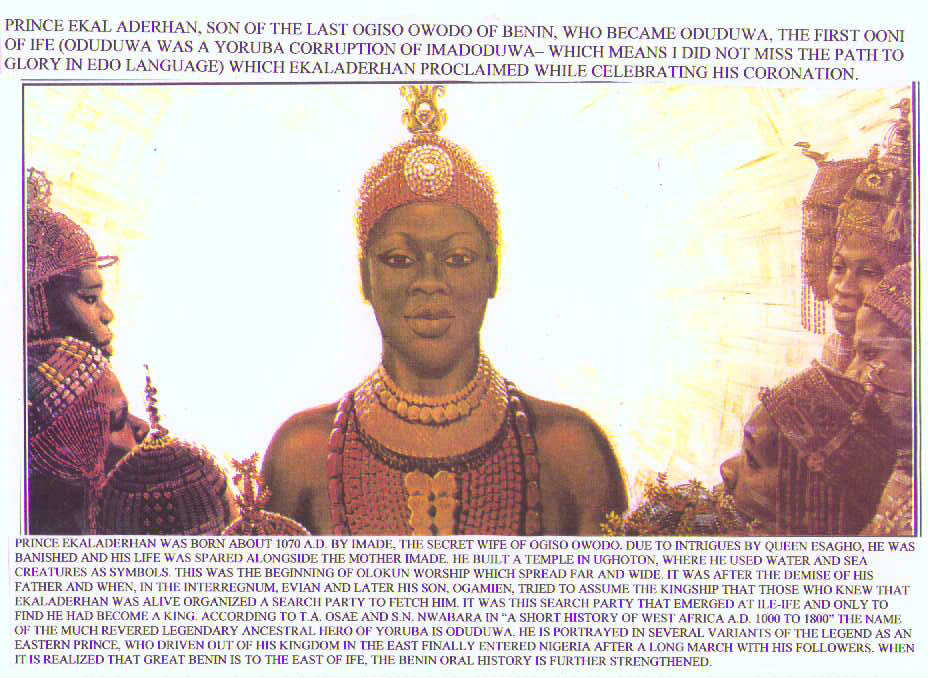
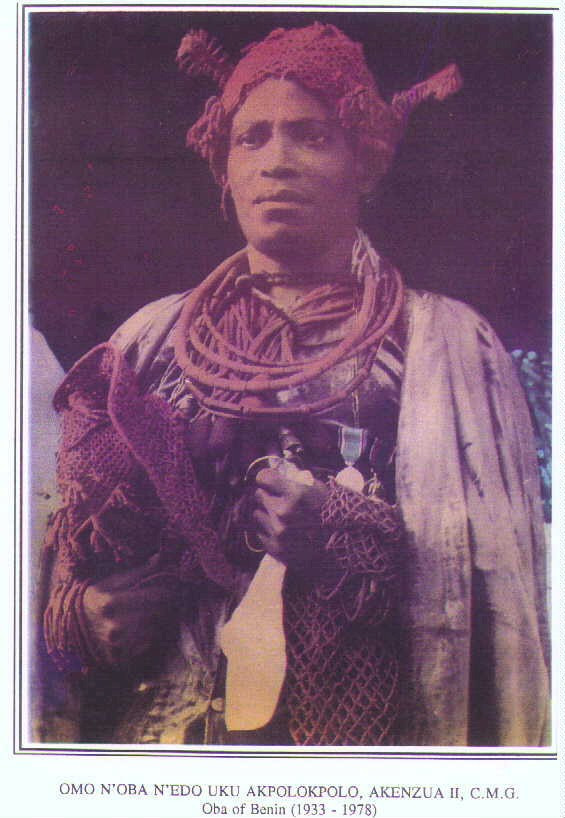
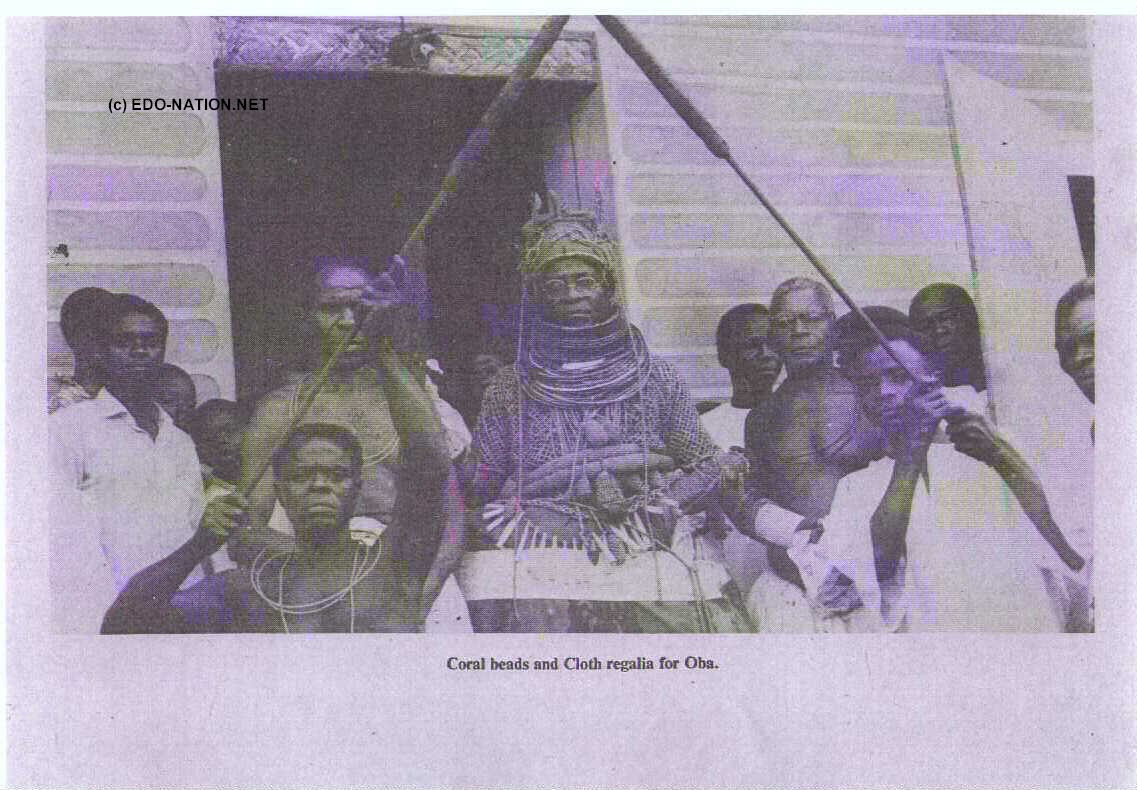
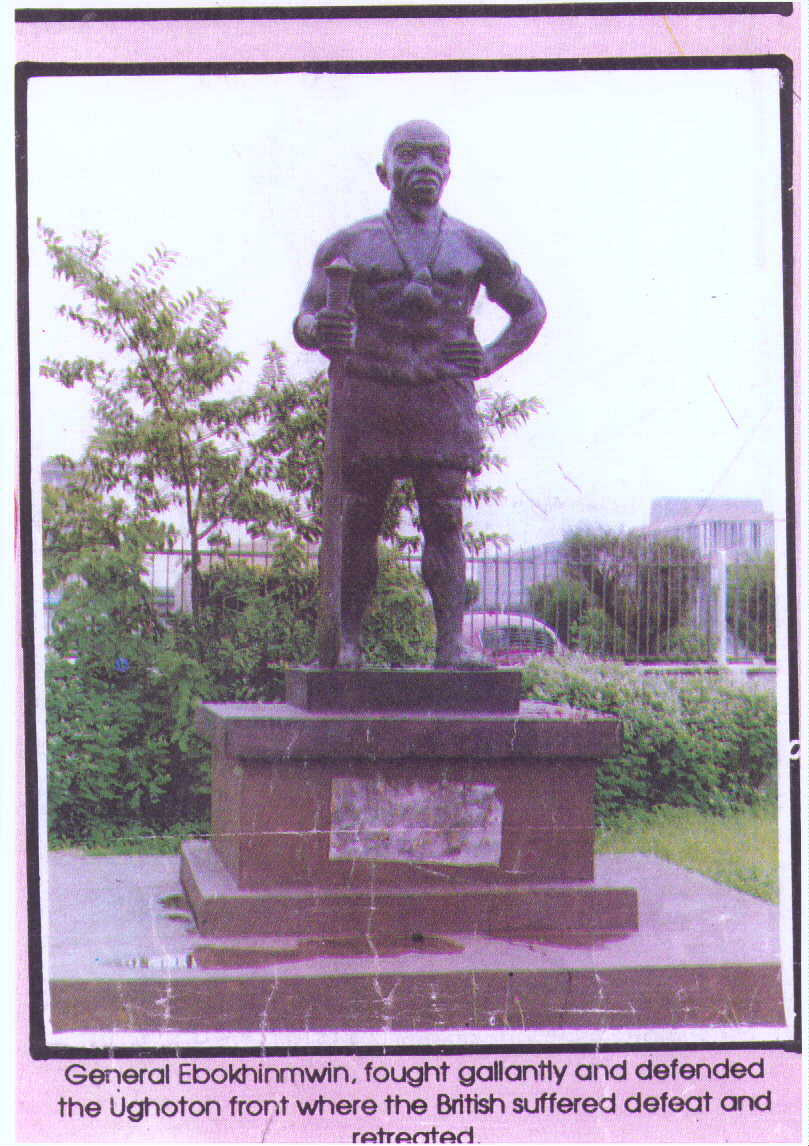
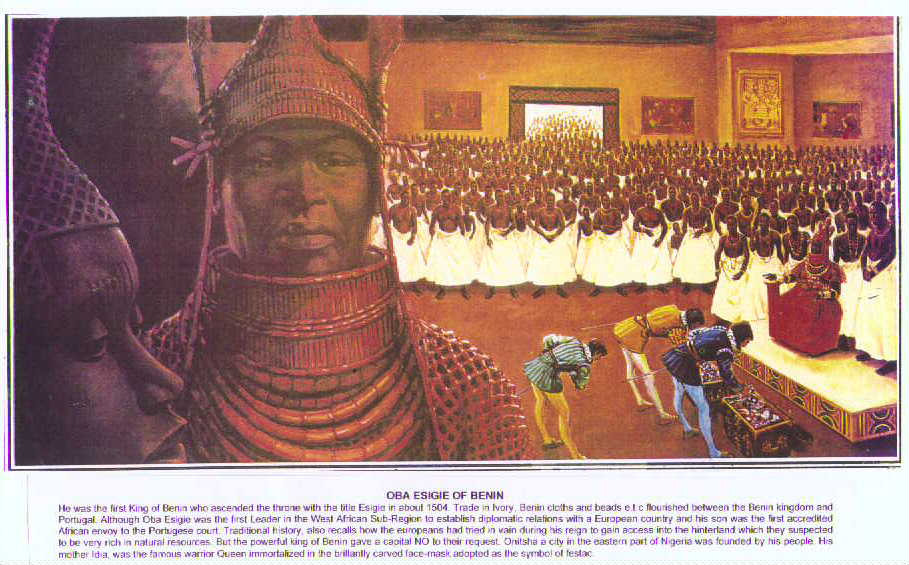
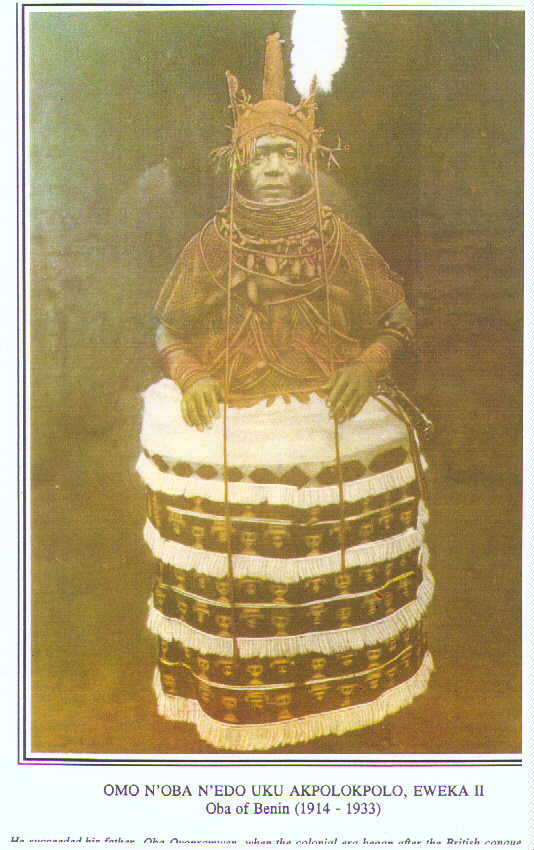
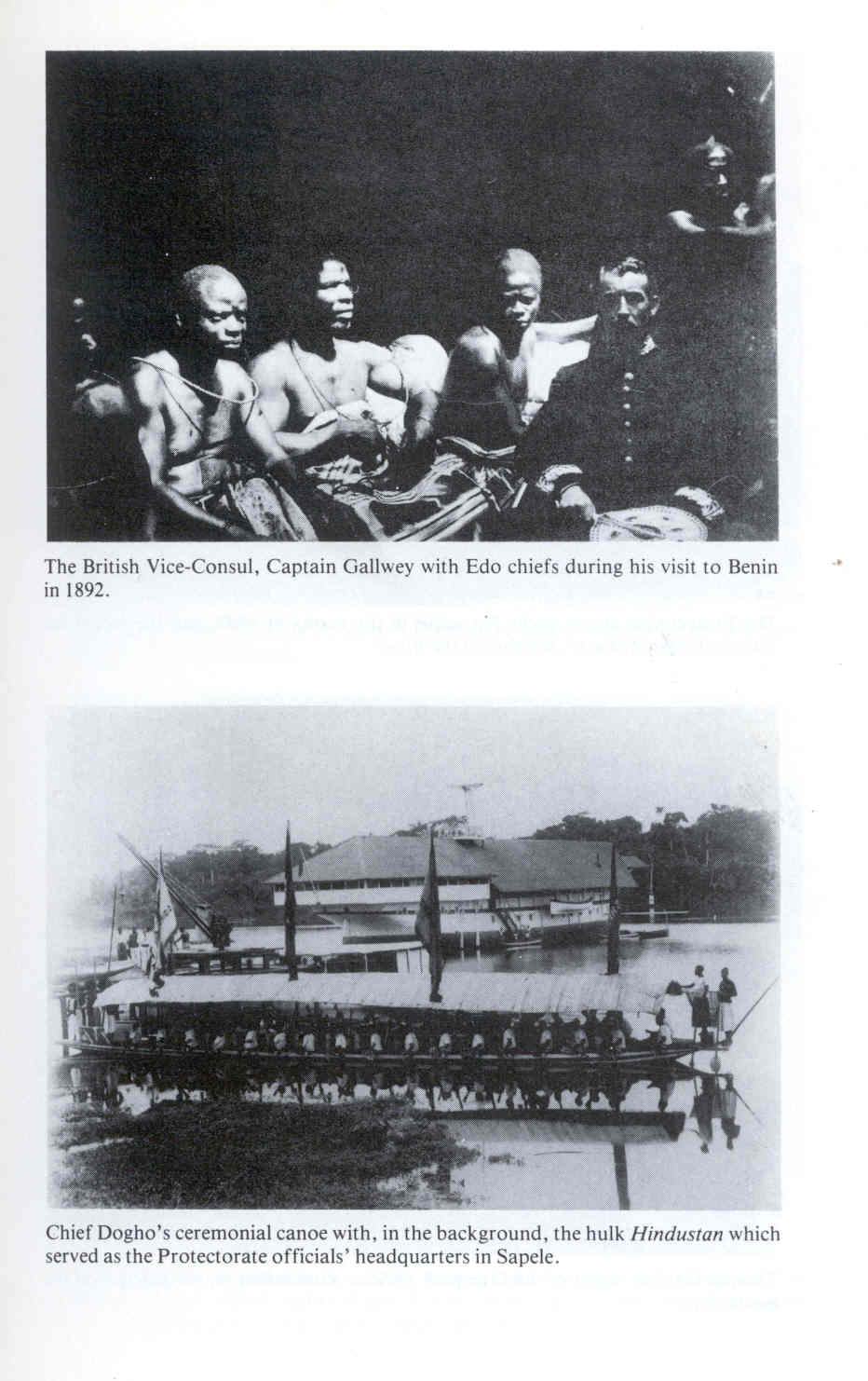
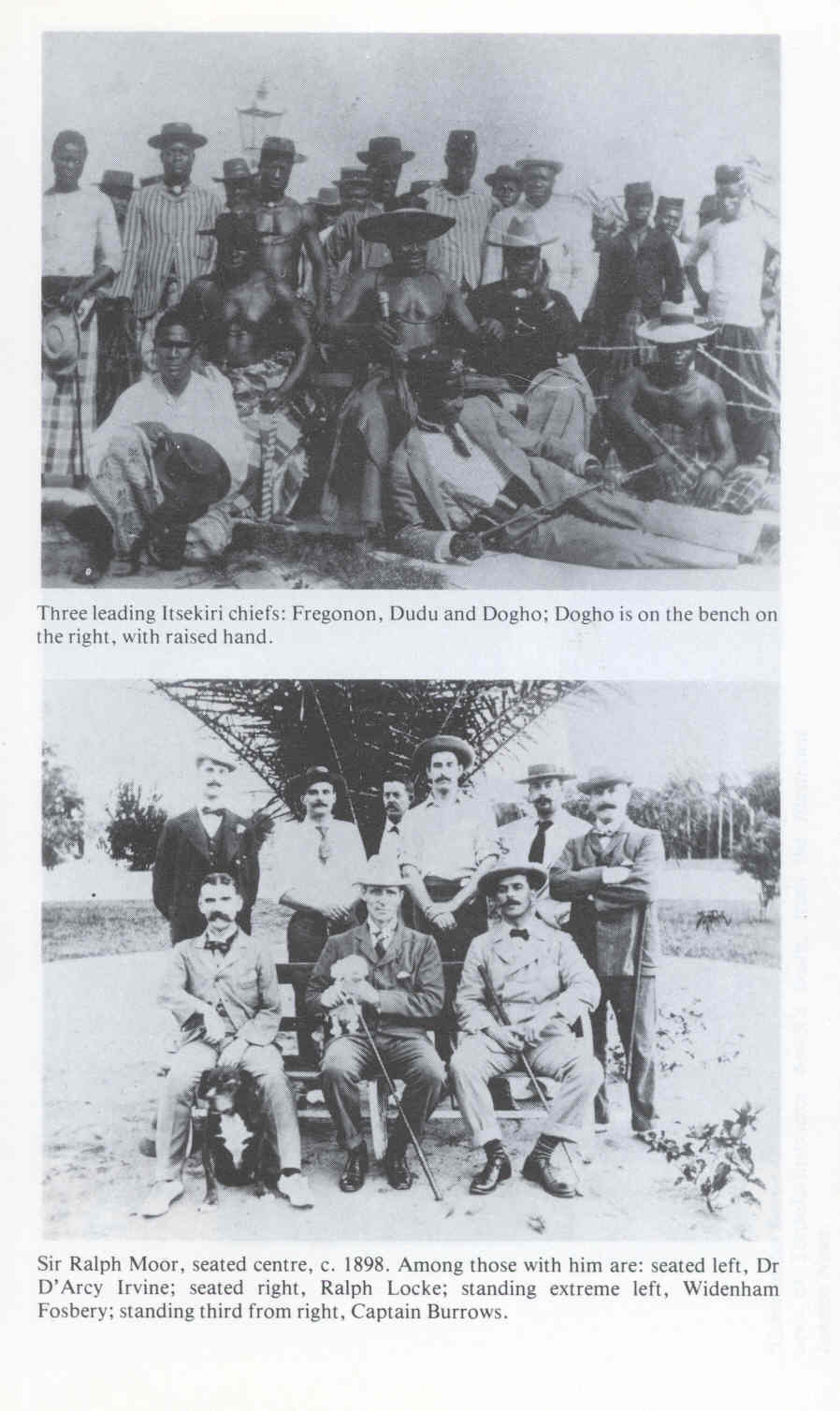
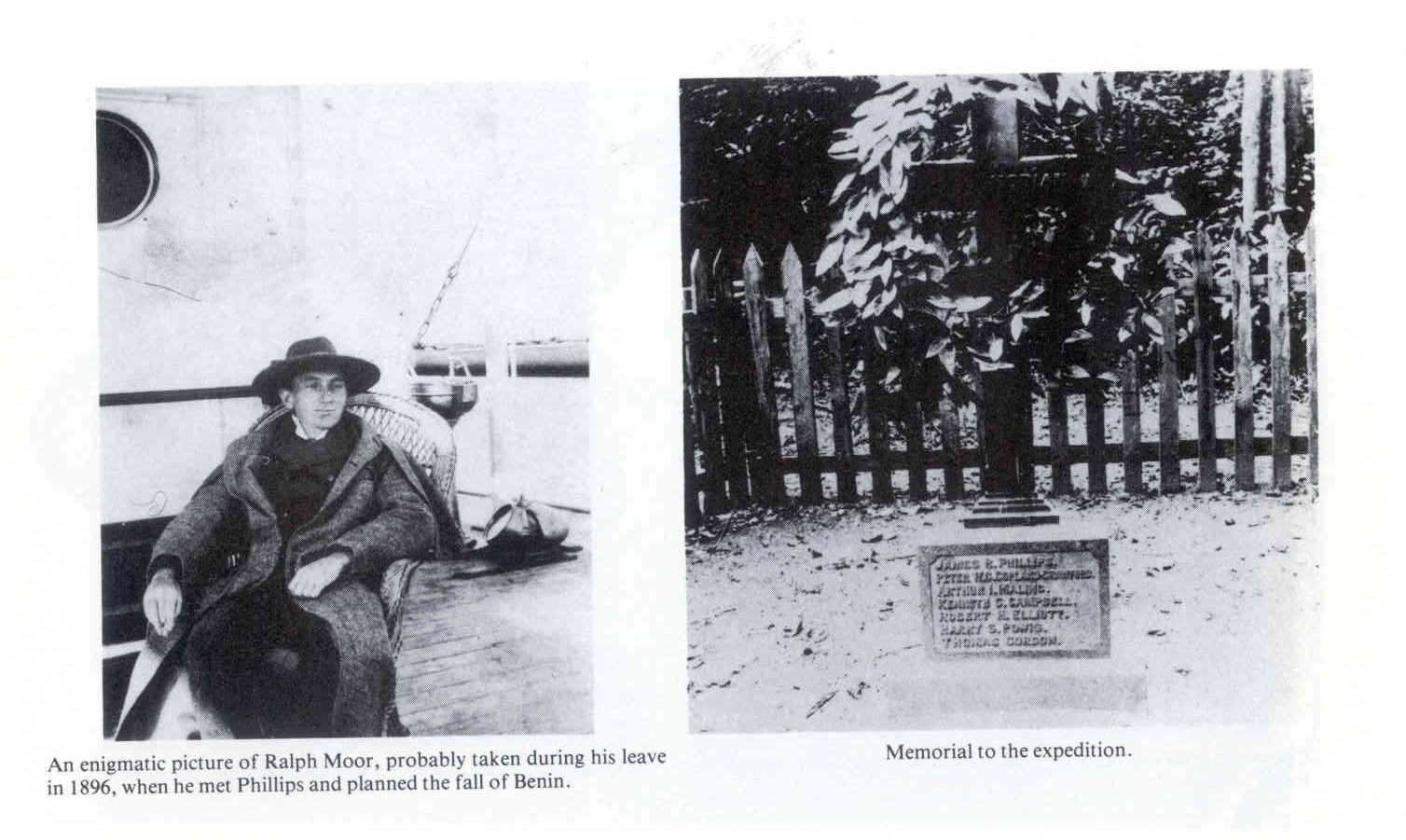
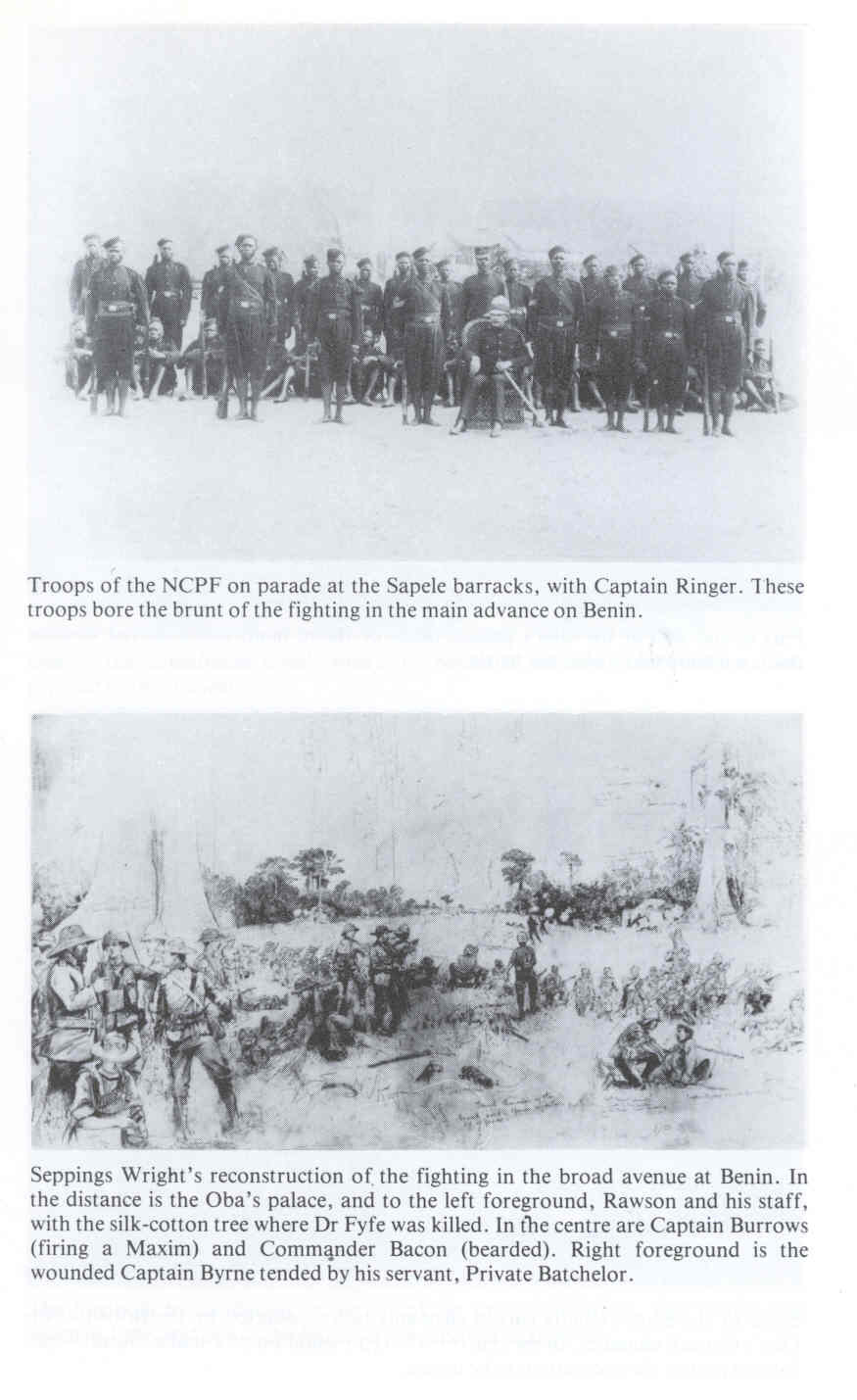
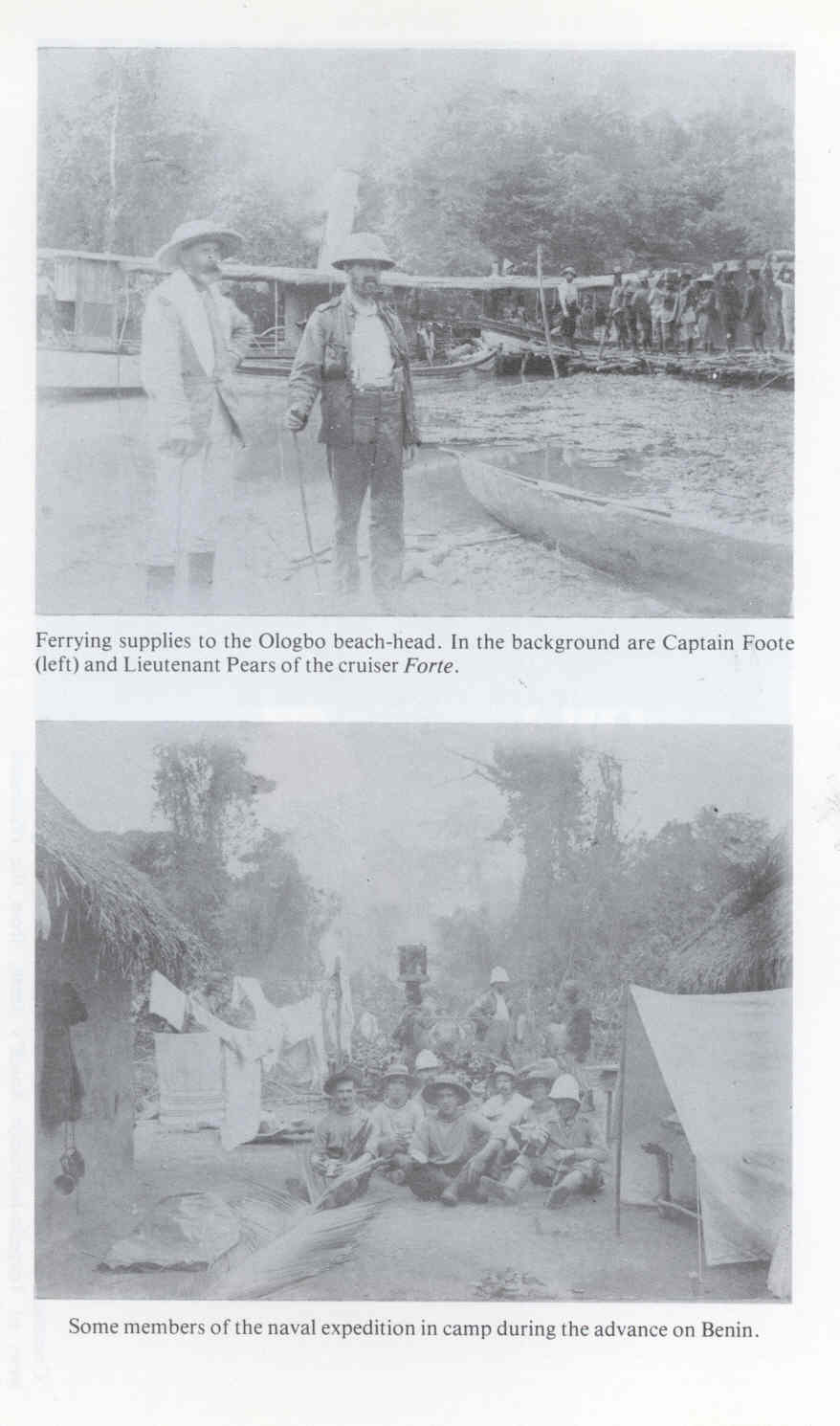
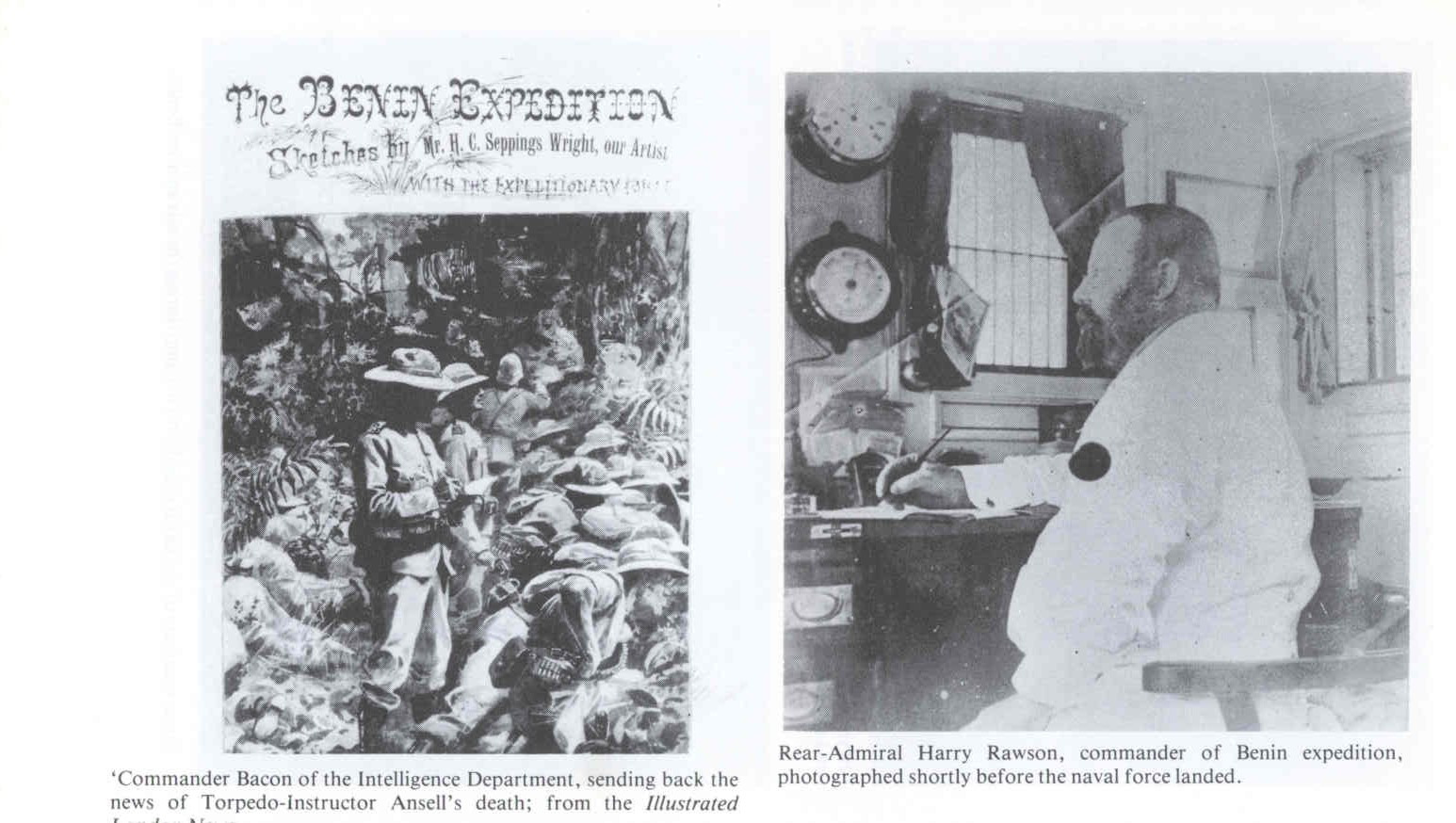
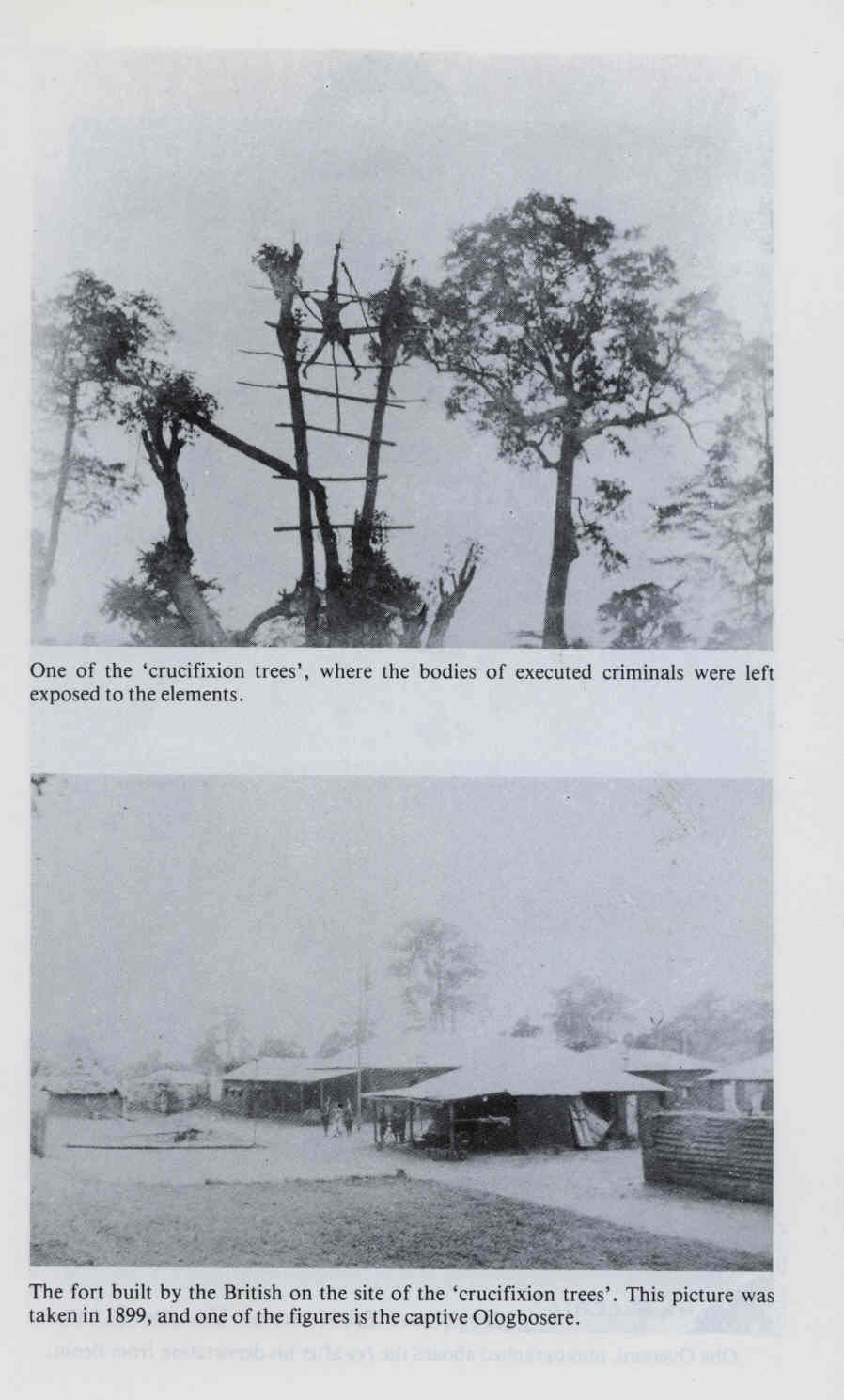
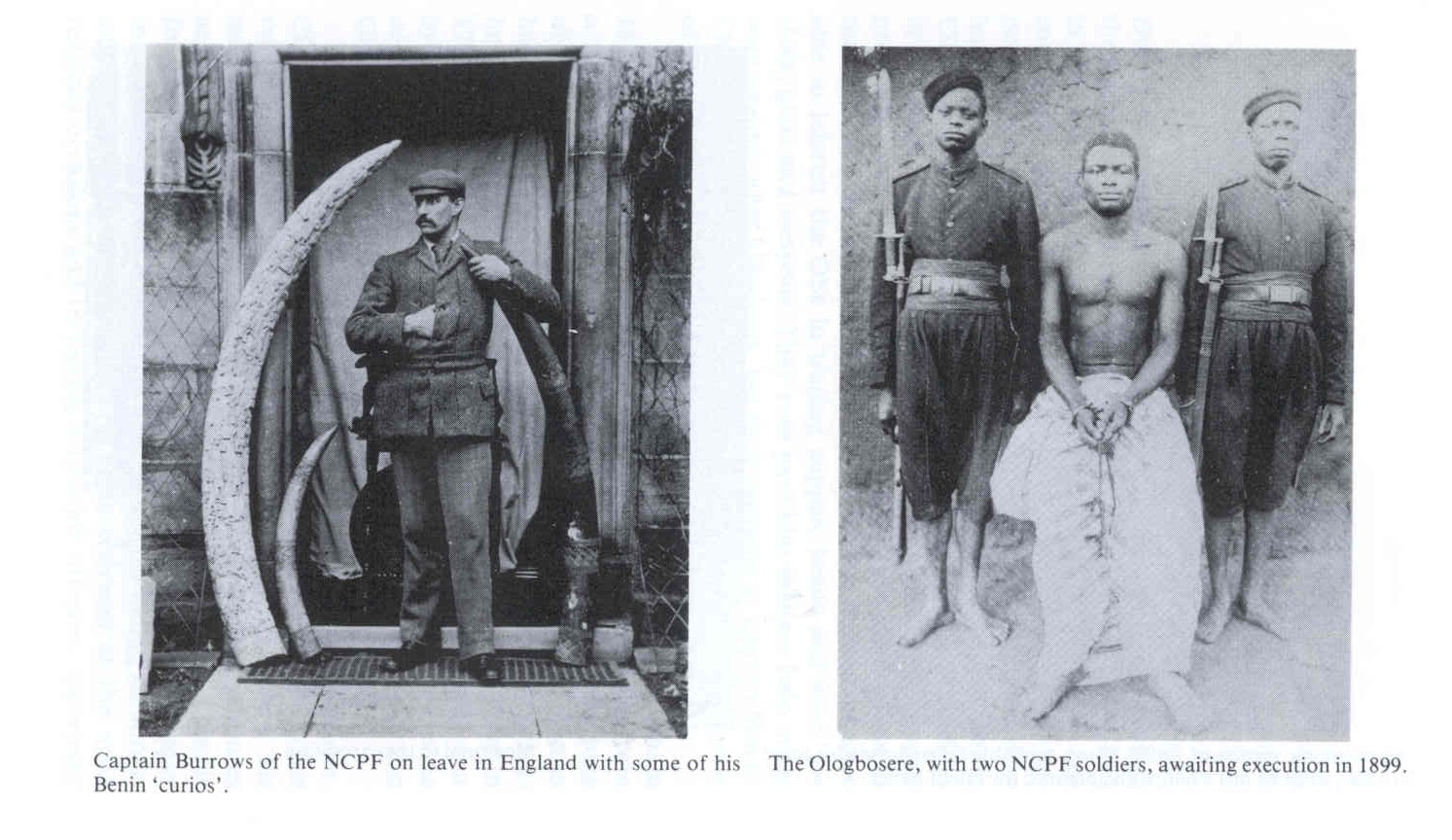
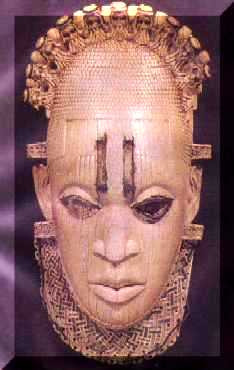
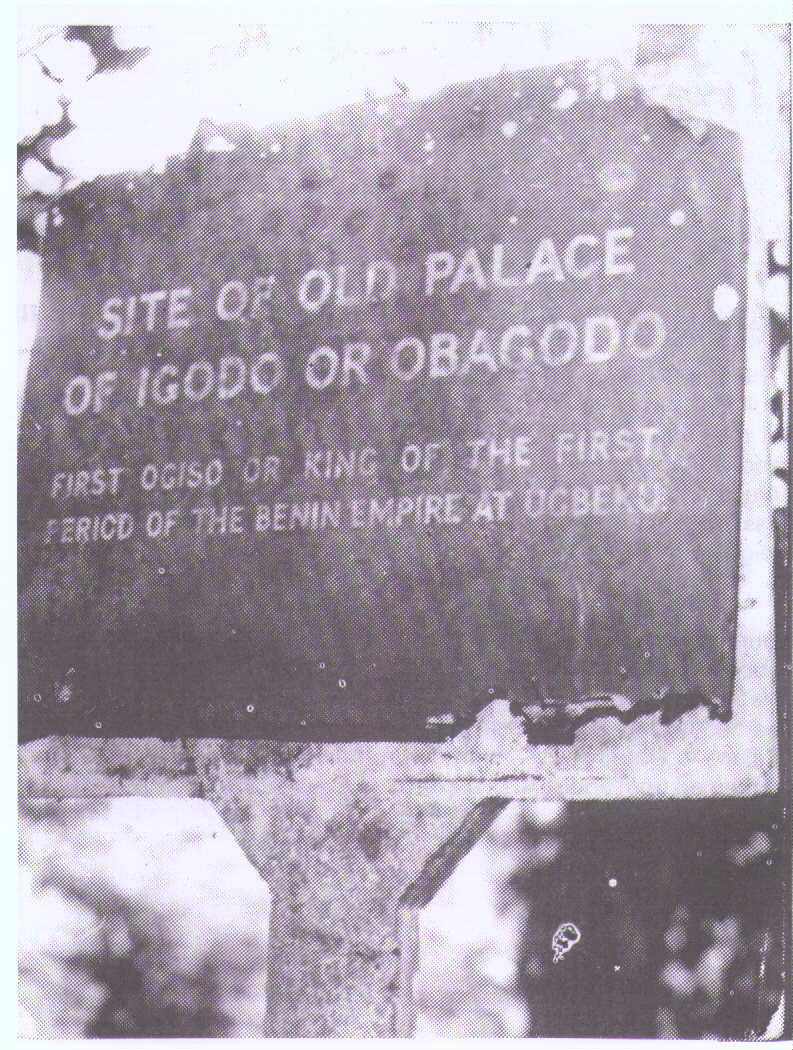
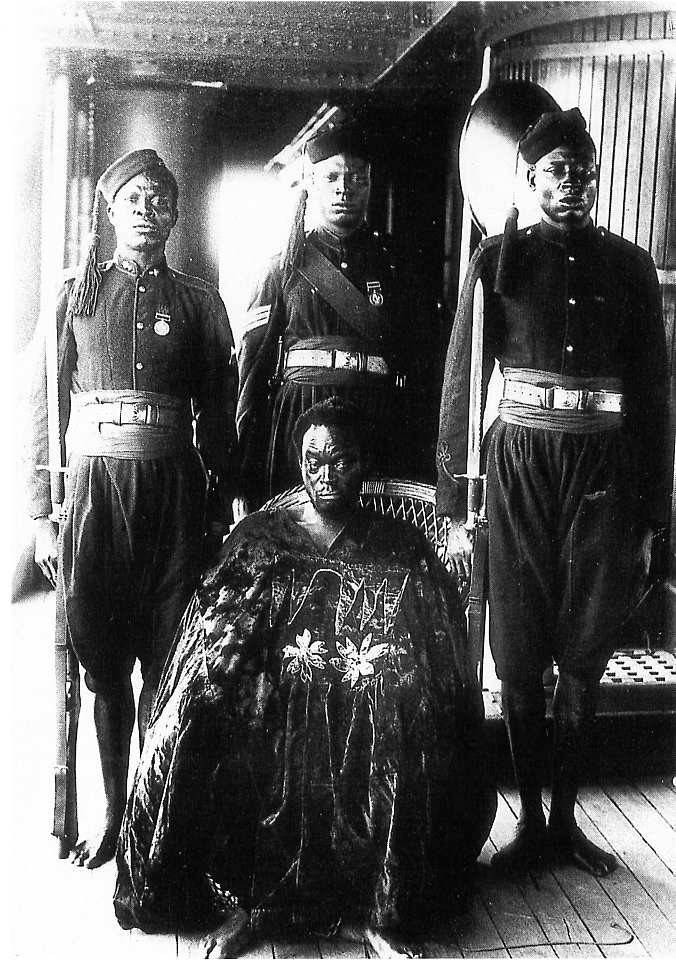
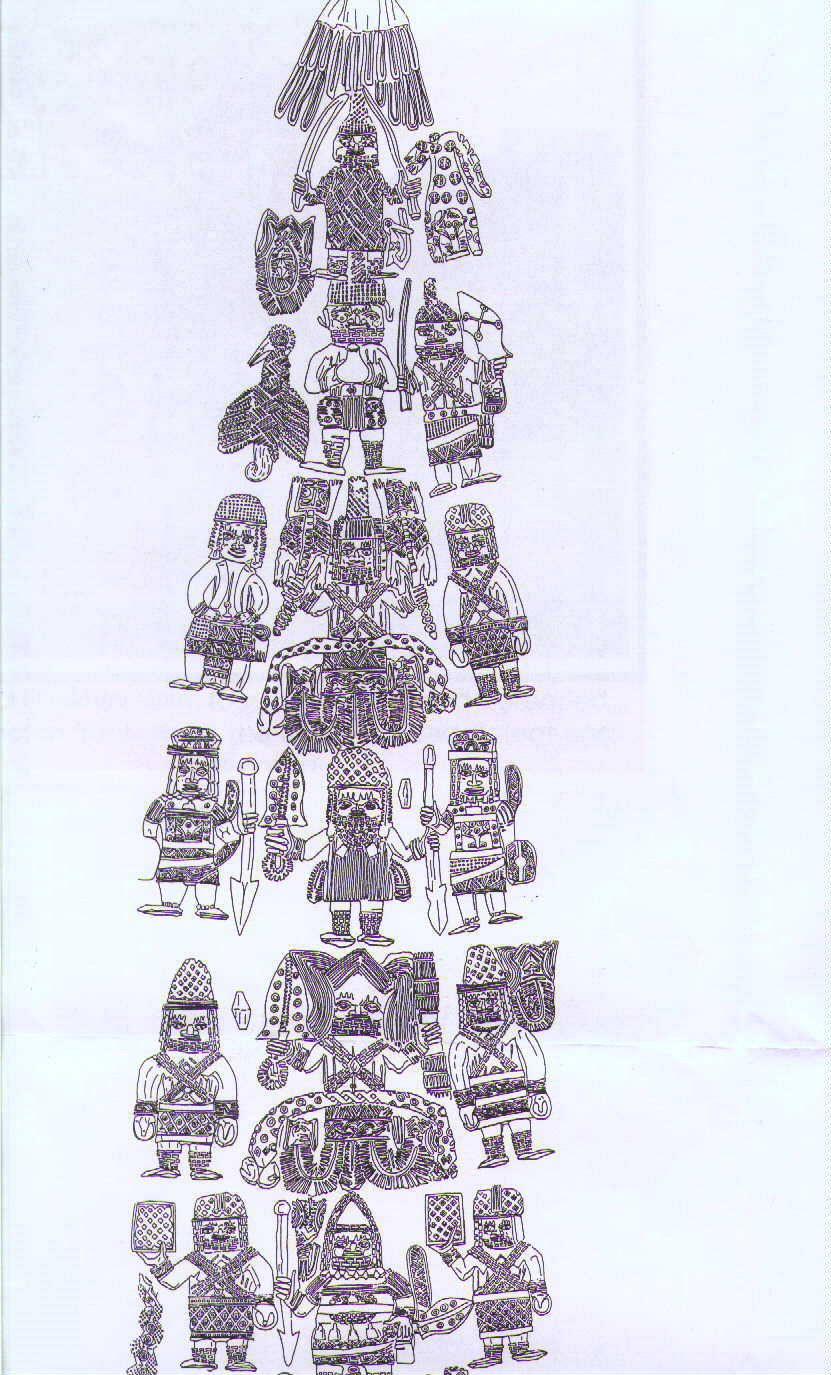
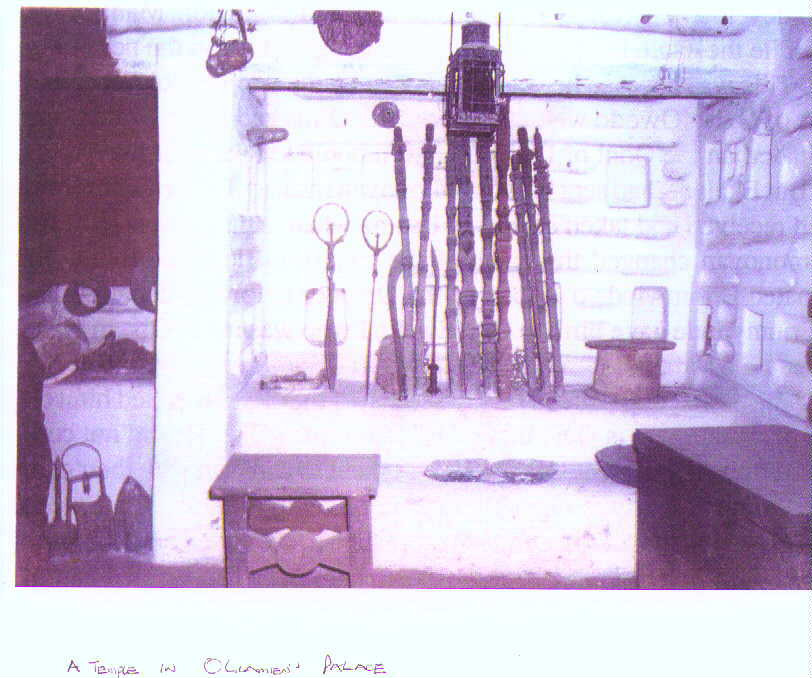
© 2025 Segun Toyin Dawodu | All rights reserved
